15 results in European Studies in North American Literature and Culture
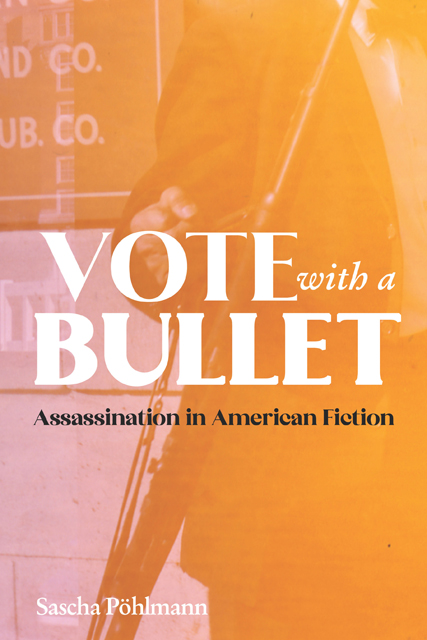
Vote with a Bullet
- Assassination in American Fiction
-
- Published by:
- Boydell & Brewer
- Published online:
- 14 January 2023
- Print publication:
- 19 August 2021
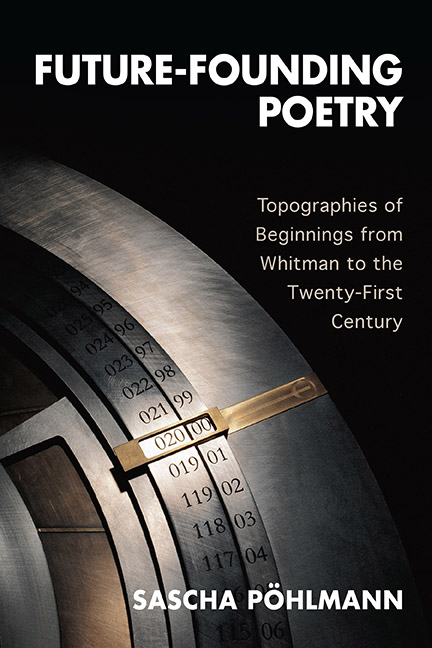
Future-Founding Poetry
- Topographies of Beginnings from Whitman to the Twenty-First Century
-
- Published by:
- Boydell & Brewer
- Published online:
- 25 May 2021
- Print publication:
- 15 December 2015
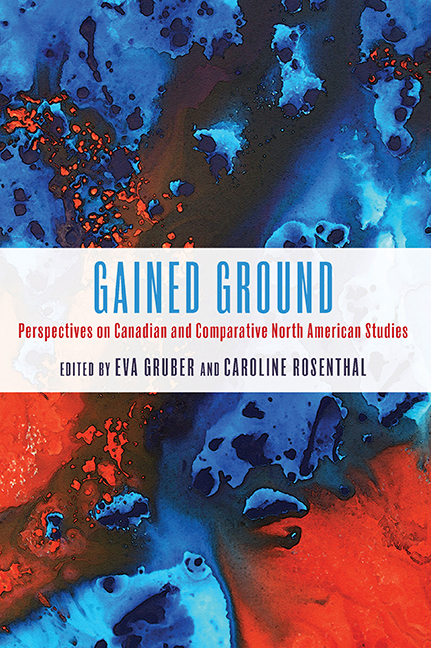
Gained Ground
- Perspectives on Canadian and Comparative North American Studies
-
- Published by:
- Boydell & Brewer
- Published online:
- 26 October 2019
- Print publication:
- 15 October 2018
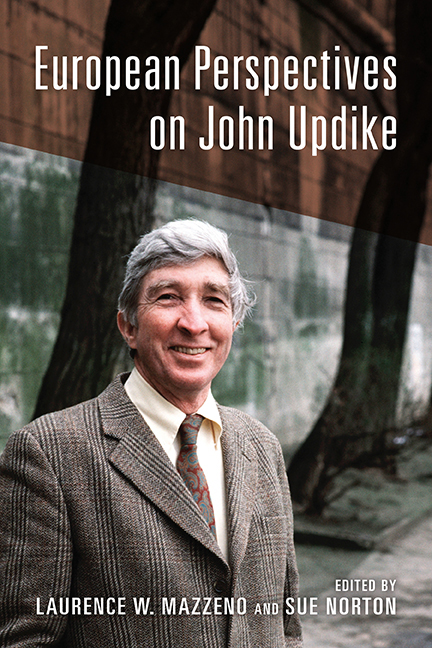
European Perspectives on John Updike
-
- Published by:
- Boydell & Brewer
- Published online:
- 15 August 2018
- Print publication:
- 15 May 2018
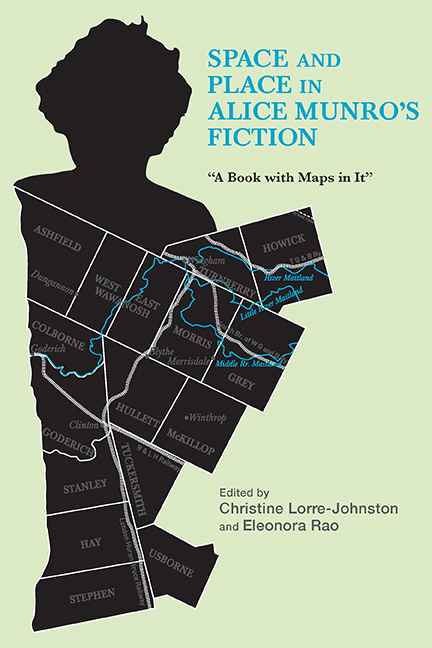
Space and Place in Alice Munro's Fiction
- A Book with Maps in It
-
- Published by:
- Boydell & Brewer
- Published online:
- 15 August 2018
- Print publication:
- 22 May 2018

The Musical Novel
- Imitation of Musical Structure, Performance, and Reception in Contemporary Fiction
-
- Published by:
- Boydell & Brewer
- Published online:
- 15 March 2018
- Print publication:
- 01 May 2014
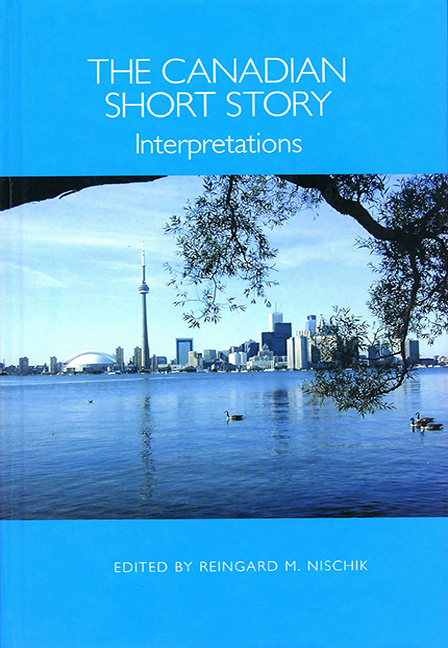
The Canadian Short Story
- Interpretations
-
- Published by:
- Boydell & Brewer
- Published online:
- 28 April 2017
- Print publication:
- 16 May 2007
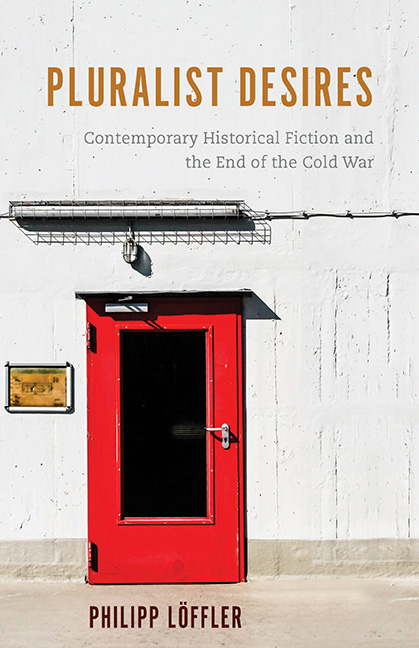
Pluralist Desires
- Contemporary Historical Fiction and the End of the Cold War
-
- Published by:
- Boydell & Brewer
- Published online:
- 05 February 2016
- Print publication:
- 01 December 2015
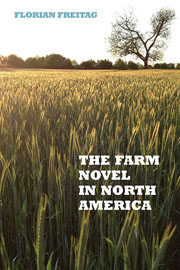
The Farm Novel in North America
- Genre and Nation in the United States, English Canada, and French Canada, 1845-1945
-
- Published by:
- Boydell & Brewer
- Published online:
- 05 December 2013
- Print publication:
- 30 December 2013
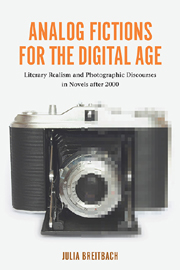
Analog Fictions for the Digital Age
- Literary Realism and Photographic Discourses in Novels after 2000
-
- Published by:
- Boydell & Brewer
- Published online:
- 05 April 2013
- Print publication:
- 01 December 2012
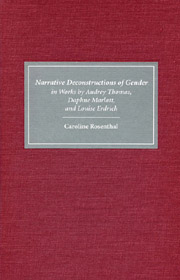
Narrative Deconstructions of Gender in Works by Audrey Thomas, Daphne Marlatt, and Louise Erdrich
-
- Published by:
- Boydell & Brewer
- Published online:
- 05 February 2013
- Print publication:
- 21 May 2003
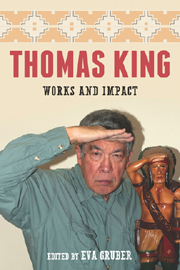
Thomas King
- Works and Impact
-
- Published by:
- Boydell & Brewer
- Published online:
- 05 February 2013
- Print publication:
- 01 August 2012
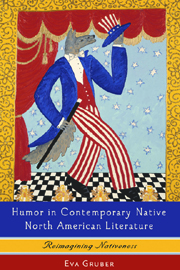
Humor in Contemporary Native North American Literature
- Reimagining Nativeness
-
- Published by:
- Boydell & Brewer
- Published online:
- 12 September 2012
- Print publication:
- 15 July 2008
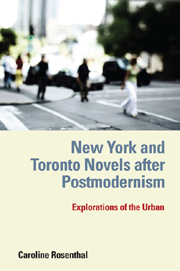
New York and Toronto Novels after Postmodernism
- Explorations of the Urban
-
- Published by:
- Boydell & Brewer
- Published online:
- 12 September 2012
- Print publication:
- 01 June 2011
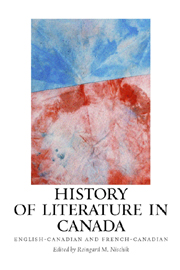
History of Literature in Canada
- English-Canadian and French-Canadian
-
- Published by:
- Boydell & Brewer
- Published online:
- 12 September 2012
- Print publication:
- 01 November 2008

